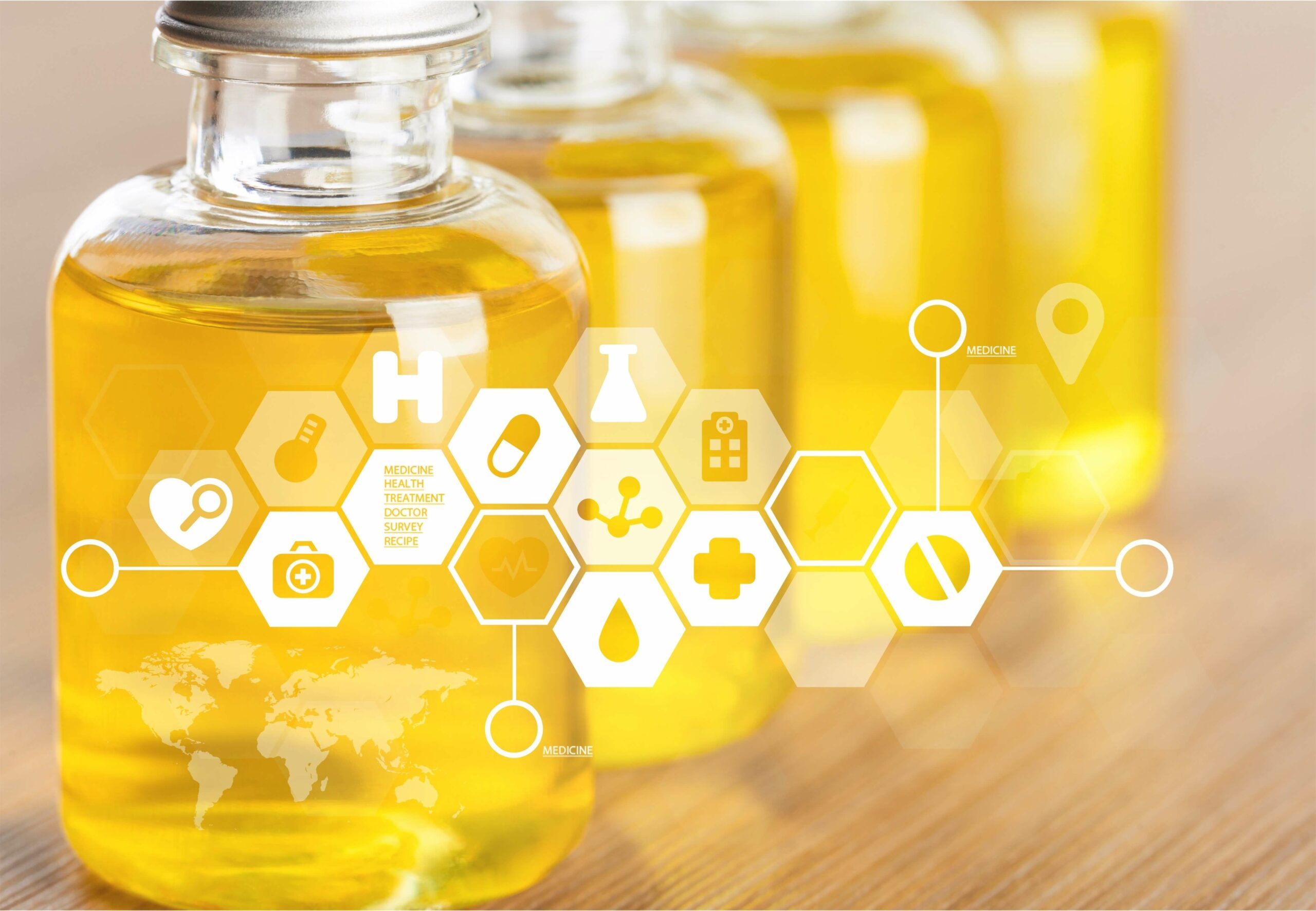There’s so much information out there about cannabis that it’s difficult to know what the difference is between all the terminology. However, when it comes to what products you put in, or on your body, either by inhalation, ingestion or application, it’s important to know what is what. In this post, we’ll take a look at the legal and/or scientific differences between some commonly used cannabis terms.
Cannabis
Cannabis (sometimes incorrectly referred to as “canibus oil” or “cannabus oil”) refers to a genus of plants. If you think back to biology class, you might remember that living organisms were divided into five kingdoms. Underneath each kingdom, the organisms were organized by phylum, class, order, family, genus, and species. Just like all dog-like creatures fall under the genus Canis, the genus Cannabis encompasses several types of plants that we just refer to as “cannabis” in everyday language. For the sake of clarity, the plant will be referred to as cannabis for the remainder of this article. [1]
Hemp vs Marijuana
Hemp refers to the species of cannabis plants that contain less than 0.3% THC. Marijuana refers to a species of cannabis plants that contain more than 0.3% THC. This distinction was made in the 2014 Farm Bill. [2] This legalized hemp on the federal level. In order for people to grow and sell hemp and hemp products, individual states had to legalize hemp on their own.
CBD vs THC
CBD and THC are both molecules that can be extracted from the cannabis plant. Depending on the strain of the plant, the levels of CBD and THC will vary. The main difference between these two molecules is that CBD is non-psychoactive and THC is psychoactive. Molecularly, they’re almost identical except for one part of the molecule where CBD has a hydroxyl group (-OH) hanging off of a carbon molecule while THC has a cyclic (closed) ring containing one oxygen molecule. This small difference completely changes the way CBD and THC interact with our endocannabinoid receptors. THC is able to bind to the receptors while CBD isn’t (has very low affinity). [3]

Why Terminology is Important
Cannabis terminology is important because when you’re out purchasing products, you’ll want to read labels, ingredients, and product descriptions. Depending on the state in which you live, there may be products available to you that are a mix of CBD and THC. Dispensaries in the 47 states where marijuana is legal will often market their products as either having some ratio of THC to CBD.
Marketing
Knowing the difference between these two cannabinoids can help you make better choices on what to buy. Plus, it’s impossible to avoid clever marketing and advertising. In an industry that is still quite new, some companies take liberties with their wording. Understanding cannabis terminology can help with avoiding some of these advertising tricks.
At Maven, all of our CBD products are clearly labeled with every ingredient and verified with third-party lab tests, so you know exactly what you are getting.
References
- McPartland J. M. (2018). Cannabis Systematics at the Levels of Family, Genus, and Species. Cannabis and cannabinoid research, 3(1), 203–212. doi:10.1089/can.2018.0039
- GovTrack.us. (2019). H.R. 2 — 115th Congress: Agriculture Improvement Act of 2018. Retrieved from https://www.govtrack.us/congress/bills/115/hr2
- Atakan Z. (2012). Cannabis, a complex plant: different compounds and different effects on individuals. Therapeutic advances in psychopharmacology, 2(6), 241–254. doi:10.1177/2045125312457586



